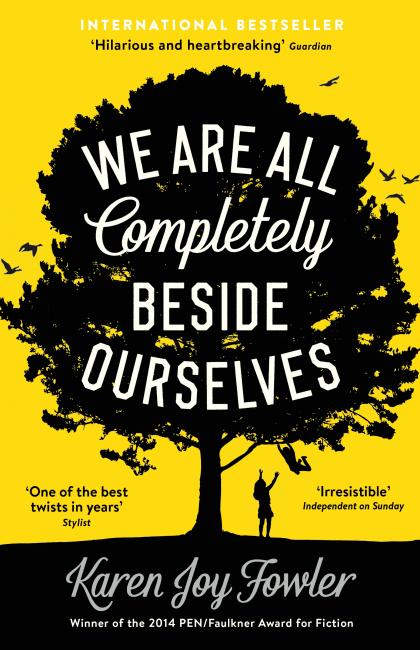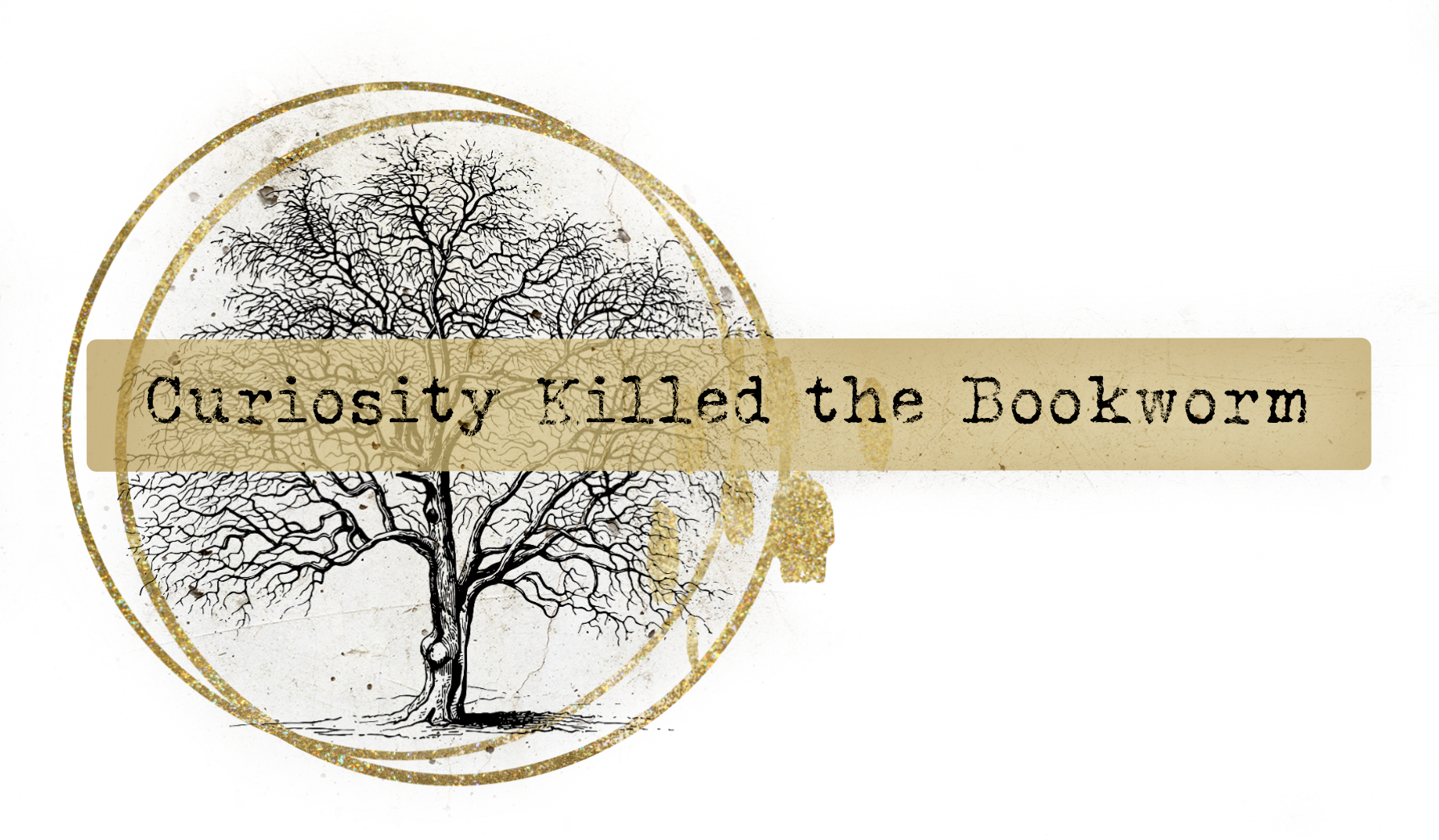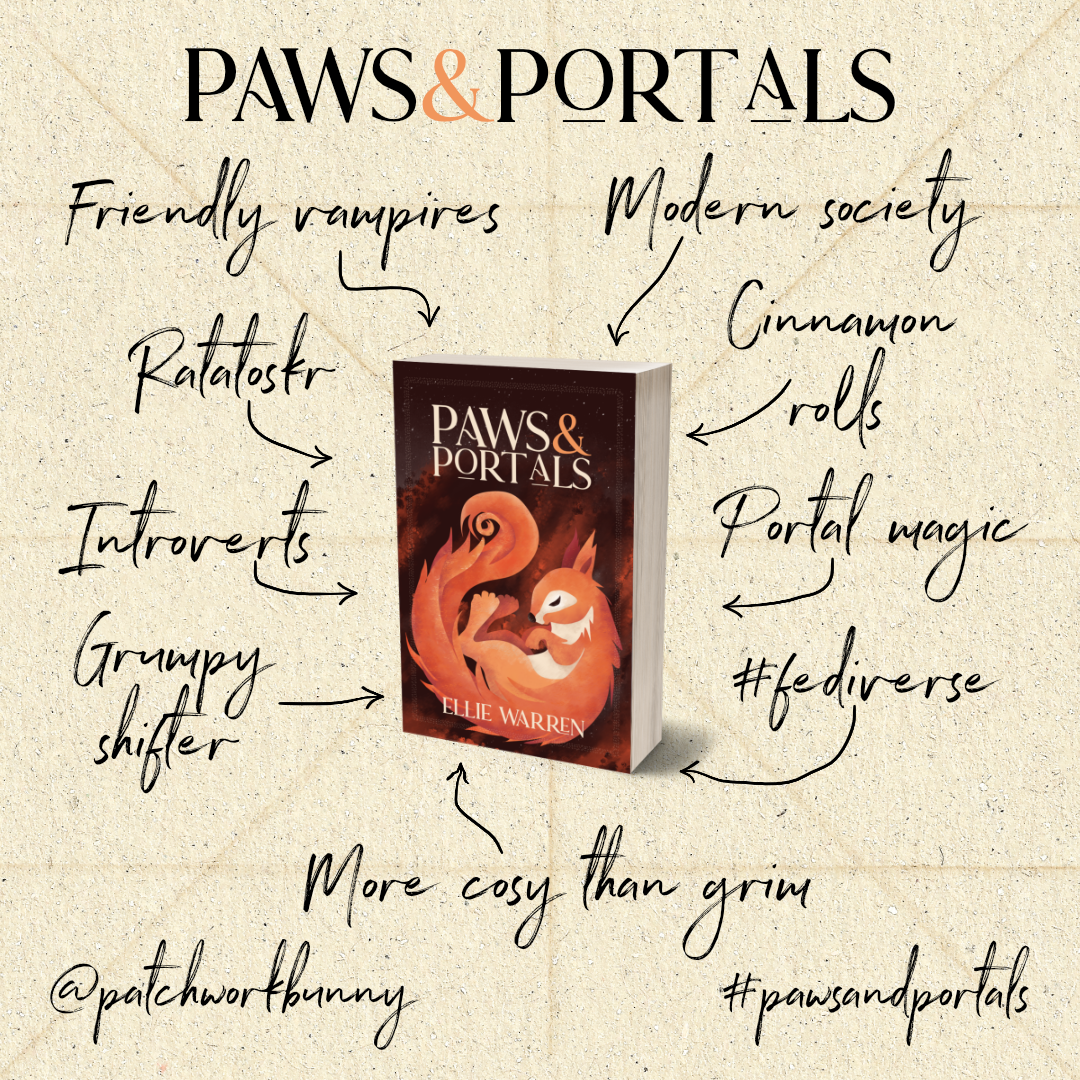
Rosemary Cooke was once part of a happy, if not normal, family. She delighted in words and one-upping her sister. Now her brother and sister are gone. As a young woman she is quiet, keeping her past hidden. What happened to her family that keeps her memories locked up tight?
When there is an invisible elephant in the room, one is from time to time bound to trip over a trunk.
It’s a hard book for me to review. I want to talk about so many things that could reveal the surprise. It was a book group pick and I picked it up knowing absolutely nothing other than its presence amongst book awards last year. I don’t think I would have read it based on the descriptions generally given. It sounds like a story about a broken family, but it has something so much more special at the heart of it.
The fact that details about Fern aren’t revealed until page 77, means you don’t start with preconceptions about her. Rosemary introduces her in the way she wants you to think about her. I still think it’s worth reading if someone has told you about Fern, but it is certainly written with the intent that you don’t know until she chooses to tell you.
Language does this to our memories – simplifies, solidifies, codifies, mummifies. An oft-told story is like a photograph in a family album; eventually, it replaces the moment it was meant to capture.
The story unfolds in a non-linear narrative. It feels conversational and bounces around Rosemary’s memories. This is how memory works, we don’t think of our past in chronological order. She is an unreliable narrator; admitting that she remembered events wrong or chooses to edit depending on her audience. Memories lie, covering their own tracks.
So often psychologist parents come across as clichéd or ridiculous in their analysing of their family. The fact that Karen Joy Fowler was raised by a psychologist father means that she gets this spot on. It came across as natural. The story also explores the consequences in involving families with scientific research; the collateral damage that no one considers.
I am the daughter of a psychologist. I know that the thing ostensibly being studied is rarely the thing being studied.
I recognised a few of the studies mentioned throughout the text, so I am assuming all of them are from real life. The stories of “what happened next” were heart-breaking knowing this. They were just little snippets but now I want to read more. It’s a thoroughly researched novel as well as having some wonderful pieces of writing.
Goodreads | Amazon | Waterstones | Hive
Also reviewed @ ireadnovels | Random Things Through My Letterbox
Book Source: Purchased
Related posts
1 Comment
Leave a ReplyCancel reply
This site uses Akismet to reduce spam. Learn how your comment data is processed.







I've heard so many great things about this book. The month it was published, Ann Patchett's bookstore in Nashville picked it for their signed fist editions club. I think I may have a copy buried around here someplace…but after reading your review, I'm more intrigued than I was. Thanks for posting!